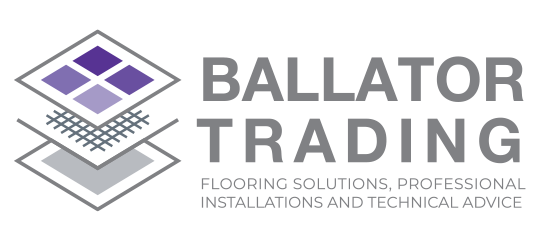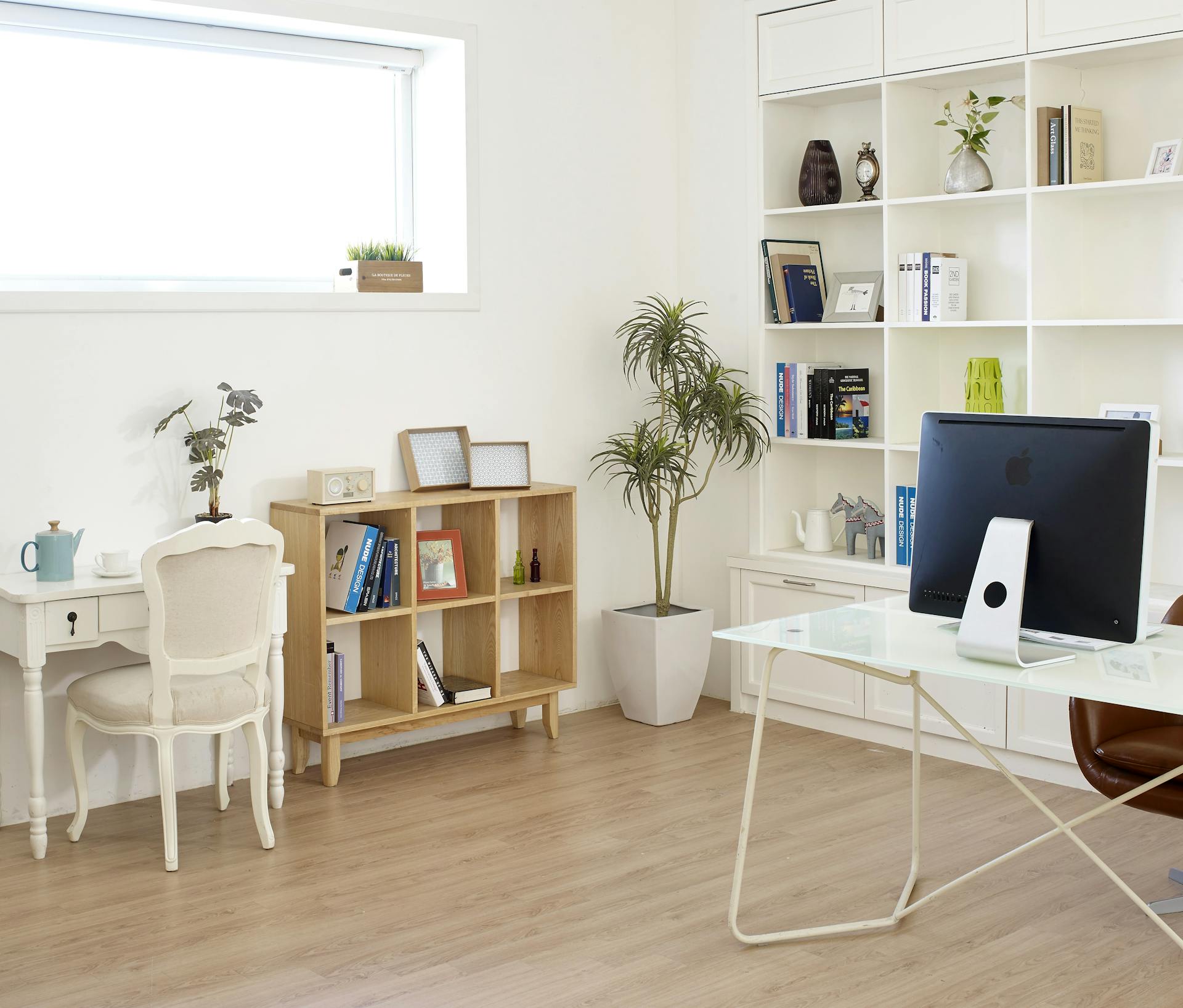Welcome to the realm of flooring innovation, where vinyl takes centre stage as a formidable contender. Vinyl flooring planks offer a profusion of benefits, making them a preferred choice for many consumers.
Durability:
Firstly their durability stands out amongst flooring options. Providing a long-lasting solution for high-traffic areas. These planks are also water-resistant, making them suitable for spaces prone to moisture, such as kitchens and bathrooms. The ease of installation is also a notable advantage, allowing for a quick and hassle-free setup.
Design variety:
Another advantage lies in the wide range of design options available with vinyl flooring planks, from realistic wood textures to various colours and patterns. They provide versatility in achieving the desired aesthetic for any room.
Easy maintenance
Maintenance becomes a breeze as well with vinyl flooring plank, as these planks are generally resistant to stains and they are easy to clean. This means you spend less time worrying about cleaning your floors and more time with your loved ones on your beautiful floors.
Comfort and Quiet:
Vinyl planks also contribute to a comfortable and quiet environment due to their sound-absorbing properties. This feature makes them an ideal choice for bedrooms or other areas where noise reduction is mandatory.
Affordability:
Affordability is yet another factor, as vinyl flooring planks tend to be more budget-friendly compared to other flooring options, while still delivering on quality and appearance.
Environmentally Friendly and durability:
In terms of environmental impact, vinyl planks often contain recycled materials and are recyclable. They are also resistant to scratches and dents which ensures a polished look over time, maintaining the aesthetic appeal of the flooring.
Overall, the advantages of vinyl flooring planks encompass durability, water resistance, easy installation, design variety, low maintenance, comfort, affordability and also environmental friendliness. Vinyl flooring is considered a good flooring option for the reasons named above.
For those who are curious about the disadvantages. Fear no more. We got you covered.
The disadvantages of using vinyl flooring planks:
While vinyl flooring planks offer various advantages, there are some potential drawbacks, including the following:
Non-Biodegradable:
Vinyl is not biodegradable, posing environmental concerns during disposal.
Limited Repair Options:
Repairing individual planks can be challenging. The entire section may need a replacement.
Temperature Sensitivity:
Extreme temperature fluctuations can affect vinyl, causing expansions or contractions.
Violation Organic Compounds (VOC’s):
Some vinyl products may release VOC’s, potentially impacting indoor air quality.
Vulnerability to Sharp Objects:
Vinyl can be liable to damage from sharp objects, leading to cuts and tears.
Despite these drawbacks, careful consideration of specific needs and proper maintenance can help mitigate these challenges when opting for vinyl flooring planks.
The difference between plank flooring and vinyl flooring:
Understanding the difference between plank flooring and vinyl flooring is crucial for informed decision-making when selecting the appropriate material for your space. Plank flooring is a broad term surrounding various types of flooring, including wood, laminate or vinyl planks. On the other hand, vinyl flooring specifically refers to a type of synthetic flooring made of polyvinyl chloride (PVC) that replicates the appearance of wood, stone and even tile. Therefore, while plank flooring is a category that includes different materials, vinyl flooring denotes a specific material within that category, known for its durability, water resistance and various design options.
Which is better? Laminate or Vinyl planks:
The choice between laminate and vinyl planks depends on priorities. Laminate offers a more natural feel but is less water-resistant. Vinyl planks excel in water resistance and are softer underfoot, making them suitable for moisture-prone areas. Consider priorities like appearance, water resistance, and budget to determine the best fit for your needs.
Conlusion
If you are still unsure if vinyl flooring planks are the right choice for you, contact Ballator Trading. With their extensive knowledge of various flooring options, they will help you find the right flooring to suit your specific needs. Helping you create your dream house so that you can focus on making it a home.




